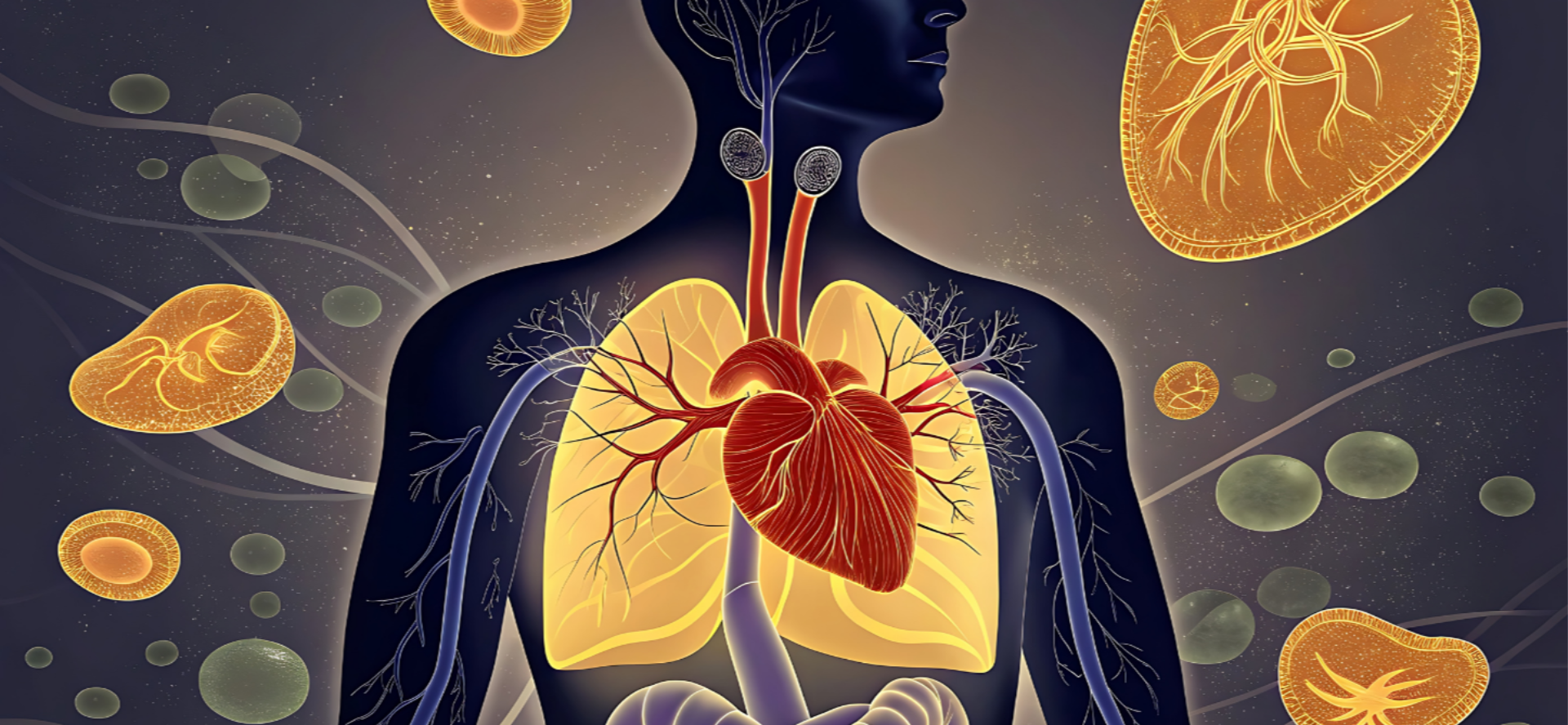The Department of English Language & Literature provides excellent surroundings for students to expand their intellectual capacity and develop professional skills. Aligned with the mission and initiatives of Chinese Culture University (hereinafter referred to as CCU), our program prepares students for the ever-changing developments and globalization of industries in Taiwan and the world over.
The department offers courses in:
1. Language Training: Courses designed to build up English proficiency in listening, speaking, reading, and writing.
2. English & American Literature: Courses designed to increase reading proficiency, interpretation skills, and cultural literacy in English, American, and Western literatures.
3. Linguistics: Courses designed to introduce students to the phonological, syntactic, semantic structures of the English language, as well as knowledge about social and pragmatic aspects of language.
4. Translation & Interpretation: Courses designed to introduce students to basic skills in translation and interpretation and to prepare them for advanced professional translator/interpreter trainings in the future.
5. Applied English: Courses designed to improve English writing and communication skills in professional fields such as business, tourism, journalism, etc.
The department’s goals of development include:
1. A focus on developing well-rounded English competence and communication skills.
2. A dynamic learning environment and cross-disciplinary learning resources.
3. Diversity in the curriculum to enrich language learning opportunities, to enhance knowledge of the humanities, and to provide a competitive edge in the job market.
4. Development of students’ English proficiency and interdisciplinary competence to cross disciplinary boundaries for future careers.
The department consists of 18 full-time faculty members and more than 400 students. Our faculty members are devoted to pedagogical innovation and mentoring students. Four of our professors have been awarded Teaching Practice Research Programs by the Ministry of Education since 2018, covering areas in literature, English for tourism, and English for Science and Technology. In addition, the undergraduate students—under the intensive mentoring by our faculty members—have also won several student research awards since 2018, with topics on Shakespeare, Jane Austen, Virginia Woolf, Washington Irving, and English Listening.
In addition, the department offers a wide a variety of opportunities for learning and self-development. For instance, the annual English contests in recitation, public speaking, writing, and mini-movie encourages students to show their own strength and express themselves in the public. The overseas short-term course provides students on-site experiences on foreign campuses and face-to-face contact with teachers and students in other universities. The exchange program offers opportunities for in-depth learning in other countries for 6 to 12 months.
On the other hand, our career development initiative provides ample choices to prepare students for their career route. The field visits give students a tour to local companies. The service learning course allows students to serve as teaching assistants to English teachers in local elementary or junior schools. The Internship Program allows students to work part-time in local industries, applying their language skills to meet the demands of the jobs.
As a language department, we try our best to offer students opportunities for growth so that they will be able to embrace the world and have a bright future. We welcome anyone who is willing to collaborate with us, either students or educators who are interested in joining us. We are also open to diverse forms of collaboration. We look forward to making more friends and find more colleagues around the world.












